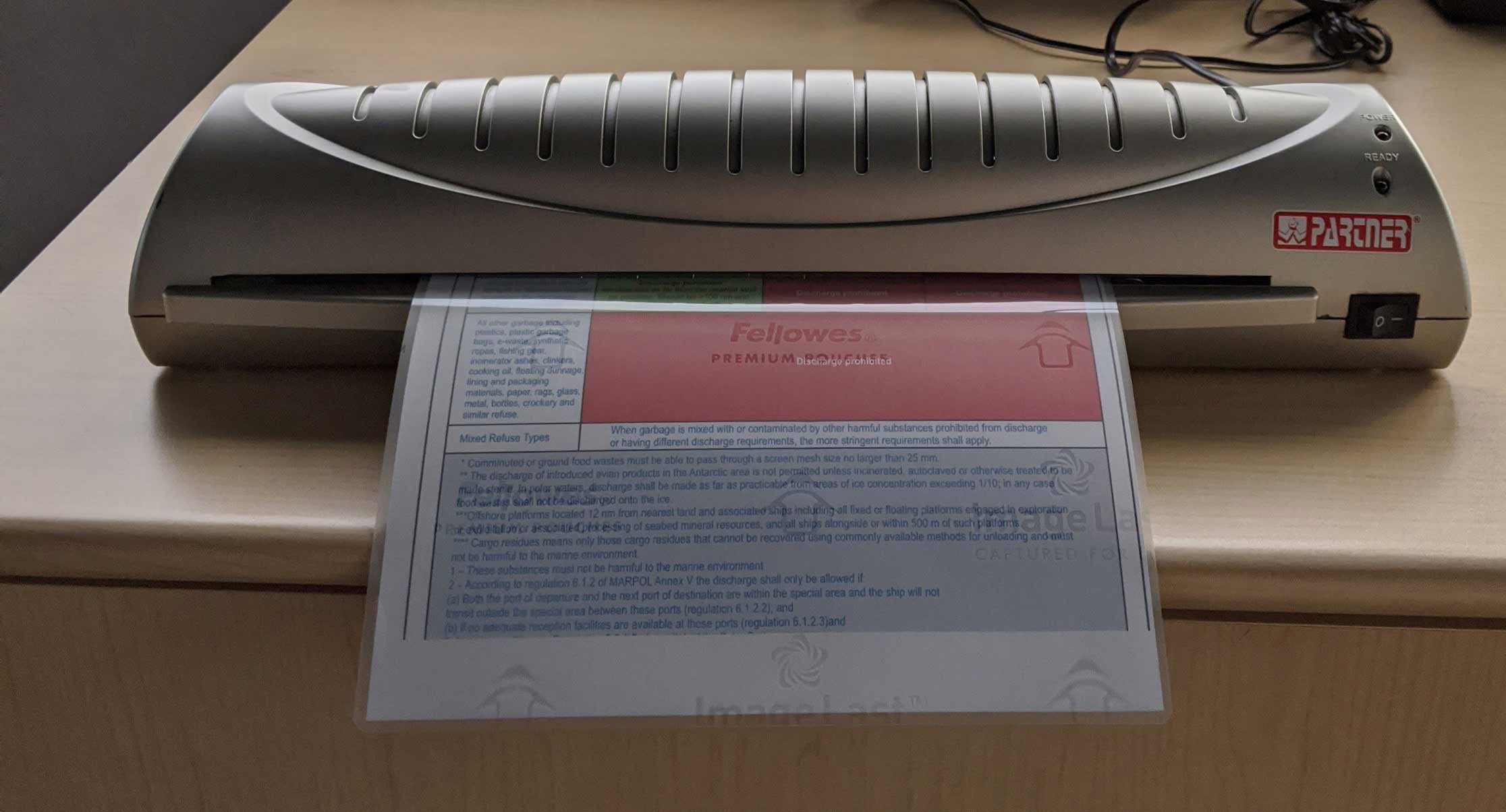From Captain to Cadet (yes, you read it right!)
This insightful article was written by Thomas Stapley-Bunten, a British ex-Royal Navy Officer of the Watch, currently re-training for the Merchant Navy.

My background:
Sep 2011 - Joined the Royal Navy as a Warfare Officer (deck officer equivalent in Merchant Navy) Trained on HMS Illustrious, Quorn and Hurworth
Dec 2013 - Qualified as a Warfare Officer, joined HMS Richmond as an Officer of the Watch
Jan 2016 - Selected for Command of HMS Example
Jan 18 - Passed my Command Qualification 1 board (CQ1)
Feb 18 - Appointed to Britannia Royal Naval College as Navigation Instructor
Sep 19 - Started it all again from scratch as a cadet in the Merchant Navy.
I am nearing the end of 3 months at sea with Teekay onboard the LNG carrier Al Shamal as part of my transition from Royal Navy to Merchant Navy. As I did with the college phase of the transition at South Tyneside College, I have written up my experience for those interested in following the same path.
In early February I started the 3 month sea phase of my transition from Royal Navy to Merchant Navy. In the Royal Navy I was an officer of the watch onboard the frigate HMS Richmond, captain of the patrol boat HMS Example and finally a navigation instructor at Britannia Royal Naval College. In December I passed all of the required HNC/SQA exams at South Shields Marine School. Given my previous seagoing experience and my recent role as an instructor, I felt fairly confident of myself when flying to join LNG/C Al Shamal at Port Said, Egypt. However....

During the first few weeks of my sea time, I was surprised by just how many differences there were between the operating procedures onboard a warship and the operating procedures onboard a merchant vessel. The main differences were not in navigation but in logistics and operations.
As an officer of the watch onboard a warship, your primary duties are navigation, divisional care and other secondary duties such as acting as the Ship's intelligence officer, boarding officer or crypto officer. Logistics was taken care of by the logistics department with its own head of department and junior officer. Operations were taken care of by the 3 principle warfare officers. Firefighting equipment and lifesaving equipment was taken care of by the chief bosun's mate along with several ABs and Leading Hands.
It didn't take too long to see that actually, there were more similarities than differences.
On a merchant ship, an officer of the watch is deeply involved in logistics, operations and maintenance planning of firefighting and lifesaving appliances. When I first saw the day-to-day routine business of an officer of the watch onboard Al Shamal, I had a sinking feeling that perhaps the Merchant Navy and Royal Navy were too dissimilar and in fact, I wasn't as qualified to jump straight into the Merchant Navy as a qualified deck officer as I had previously thought. However, it didn't take too long to see that actually, there were more similarities than differences.
Yes, supervising cargo operations was entirely new and no, I had never had to compile the (endless) amount of paperwork for a port visit and if truth be told: no, I'd never actually greased a valve myself before. Although these skills and others like it are considered "basic" in the Merchant Navy and I could see some eyebrows were raised when I admitted I hadn't done them before, they are easily learnt.
What is not easily learnt is how to navigate a ship, how to run a bridge and in some senses, how to live and work onboard. These skills take years to learn and longer to master and they are absolutely transferable from the Royal Navy. The rest, to an extent, is simply administration which can be developed to a satisfactory level very quickly. Depending on the type of vessel you're on, cargo operations are perhaps the exception, with many complex systems needing to be studied whilst developing a thorough understanding of the fundamental principles of the cargo and cargo equipment onboard in order to make loading, discharging, carriage and emergency response more instinctive.
Learning the cargo system onboard an LNG carrier has certainly been the biggest challenge of my transition so far, as it is entirely removed from anything I have done in the Royal Navy. I imagine it will be the biggest challenge for most ex-Royal Navy warfare officers making who make a transition to the Merchant Navy.
I'm now a beast with the scanner and can replace all crew lists onboard in 8 minutes flat.

There has been one other challenge which I was not expecting at all: the mental challenge of going from the position of Captain to the position of cadet.
Hello my old friend...
I don't feel I am someone who takes myself too seriously, or someone who is too proud to do "menial" work, but it has been a challenge stomaching the fact that I, once again, make the tea! I had thought my laminating career was behind me and that I would never again be asked to replace "dog-eared" posters on the bulkheads. I'm now a beast with the scanner and can replace all crew lists onboard in 8 minutes flat. Although I have been able keep sight of the bigger picture while I'm frothing the milk for the Captain's cappuccino, there have been some tough moments. This is an element of transition that shouldn't be overlooked and is certainly something that any RN warfare officers who follow this transition pathway ought to just be prepared for.

Overall, the sea phase has certainly been the most enlightening so far and has really bolstered my intention to continue a career in maritime, in the Merchant Navy. One of the real benefits of being at sea has been the opportunity to talk with serving deck officers about their careers and ambitions in order to help me form a clearer picture of my own opportunities in the future. 2 months and 15 days at sea onboard an LNG carrier and I feel ready to take on the role of officer of the watch; but of course, there's always plenty more to learn.

If any warfare officers are considering leaving the RN and transitioning to a career where they can carry forward their considerable skills and experience, visit Nautilus International


